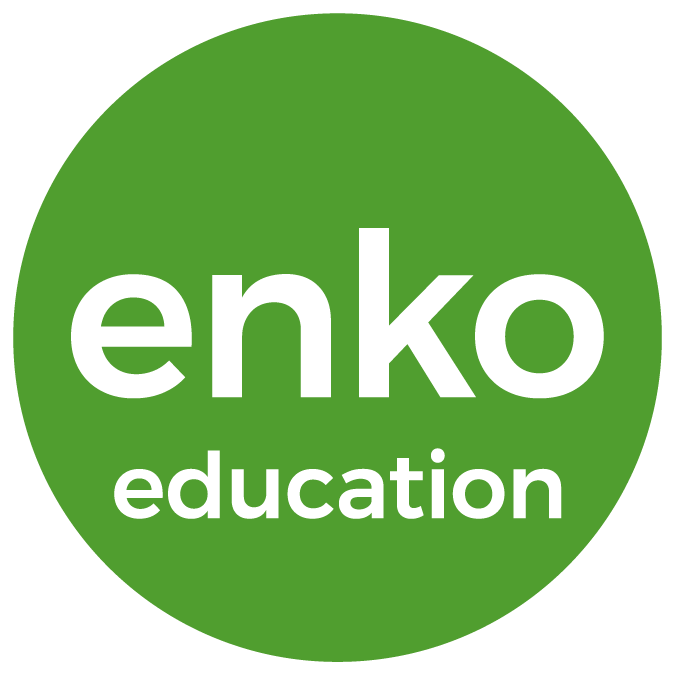Harvard Business School research identifies how business can and should help reform K-12 education
As the dark clouds over the nation’s economic future appear to be lifting, critics say the United States still needs to address a number of deeply rooted challenges to remain a leading business force on the world stage. Among the most stubborn perceived roadblocks to sustained prosperity are the country’s deteriorating transportation infrastructure, a shortfall of workers with crucial 21st-century skills, and an underperforming K-12 public education system, according to recent research from Harvard Business School (HBS).
Nearly 2,000 (1,947) HBS alumni surveyed for the “U.S. Competitiveness Project” labeled the nation’s K-12 public education system the weakest of 17 components deemed vital to the country’s long-term competitiveness, such as entrepreneurship, capital markets, and the tax code.
The project, co-authored by Michael E. Porter, the Bishop William Lawrence University Professor, and Jan Rivkin, the Bruce V. Rauner Professor of Business Administration, and published in September, is an expansive, yearly effort by HBS to identify and evaluate the ways the business community engages in key arenas that may contribute to — or undermine — the interests of American businesses and citizens.
The country’s K-12 education system lags globally as students fall further behind in literacy and numeracy rates. While the nation ranks fifth in per-pupil secondary school spending, American students rank an estimated 17th in reading, 27th in math, and 20th in science achievement, compared with peer nations in the Organization for Economic Cooperation and Development (OECD) such as Japan, Canada, and Finland, the research says.
“No one has to be convinced this is a critical problem, but there’s a lack of urgency in this country,” said Allen Grossman, a senior fellow and retired M.B.A. Class of 1957 Professor of Management Practice at HBS who led the project’s education research.
“A lot of people say it’s money, and there are certainly instances of money being the key need. But we’ve actually increased our total spending on public education in the last 30 years by 100 percent in real dollars, and what we noticed is that there’s some but very little correlation between high performance and more money,” he said. “So it’s how the money is spent.”
Grossman launched a joint venture between HBS and the Harvard Graduate School of Education (HGSE) called the Public Education Leadership Project (PELP) in 2000 that helped inform this new research. He said this is the first time that the effectiveness of business/K-12 education partnerships has been formally studied.
The lack of data measuring the quantity and quality of business’ engagement with K-12 education is a major barrier to improving and expanding such efforts, said Grossman. “We could not find virtually anything. Even when we tried to determine what is the … amount business gives away annually to education, we couldn’t find a precise number. No one had any idea.” Please Read More At: https://news.harvard.edu/gazette/story/2014/12/getting-schooled/



